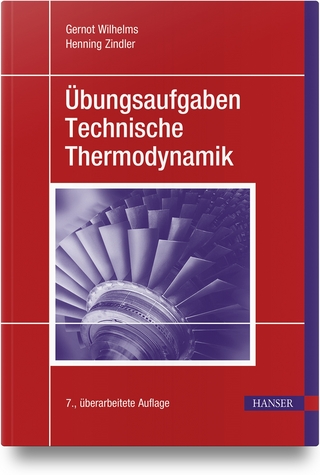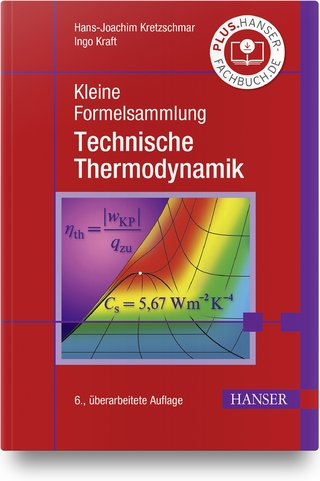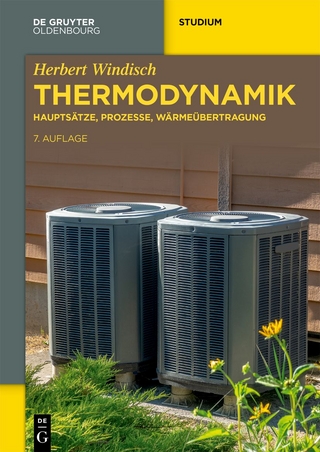
Evaluation of Fire Flow Methodologies
Seiten
2015
|
1st ed. 2015
Springer-Verlag New York Inc.
978-1-4939-2888-0 (ISBN)
Springer-Verlag New York Inc.
978-1-4939-2888-0 (ISBN)
This SpringerBrief offers careful assessments of the appropriateness and effectiveness of currently available methodologies for fire flow. It explains the water supply requirements for firefighting including rate of flow, the residual pressure required at that flow, and the duration that is necessary to control a major fire in a specific structure.
First reviewing existing fire flow calculation methodologies in the U.S. and globally, the authors determine the new information necessary to validate the existing fire flow calculation methodologies. After identifying 19 methods from the U.S., UK, France, Germany, the Netherlands, New England, and Canada, two types of methods are evaluated: those for building planning based on fire and building code requirements, and those for on-scene fire service use.
Building planning methods are also examined, including an explanation of the range of building variables that determine fire flow. A survey form for fire departments is provided to help fire departments identify key predictive features based on construction and building parameters. Researchers and professionals in fire engineering will find the recommendations in Evaluation of Fire Flow Methodologies valuable.
First reviewing existing fire flow calculation methodologies in the U.S. and globally, the authors determine the new information necessary to validate the existing fire flow calculation methodologies. After identifying 19 methods from the U.S., UK, France, Germany, the Netherlands, New England, and Canada, two types of methods are evaluated: those for building planning based on fire and building code requirements, and those for on-scene fire service use.
Building planning methods are also examined, including an explanation of the range of building variables that determine fire flow. A survey form for fire departments is provided to help fire departments identify key predictive features based on construction and building parameters. Researchers and professionals in fire engineering will find the recommendations in Evaluation of Fire Flow Methodologies valuable.
Introduction.- Literature Review.- Fire Flow Methodologies Examples and Analysis.- Gap Analysis.- Summary and Conclusions.
| Reihe/Serie | SpringerBriefs in Fire |
|---|---|
| Zusatzinfo | 8 Illustrations, color; 7 Illustrations, black and white; XII, 50 p. 15 illus., 8 illus. in color. |
| Verlagsort | New York |
| Sprache | englisch |
| Maße | 155 x 235 mm |
| Themenwelt | Naturwissenschaften ► Physik / Astronomie ► Thermodynamik |
| Technik ► Bauwesen | |
| Technik ► Maschinenbau | |
| Schlagworte | Building fire codes • Building planning • Fire flow calculation • Fire flow methodologies • Predictive fire analysis • water supply |
| ISBN-10 | 1-4939-2888-0 / 1493928880 |
| ISBN-13 | 978-1-4939-2888-0 / 9781493928880 |
| Zustand | Neuware |
| Haben Sie eine Frage zum Produkt? |
Mehr entdecken
aus dem Bereich
aus dem Bereich
Hauptsätze, Prozesse, Wärmeübertragung
Buch | Softcover (2023)
De Gruyter Oldenbourg (Verlag)
44,95 €


